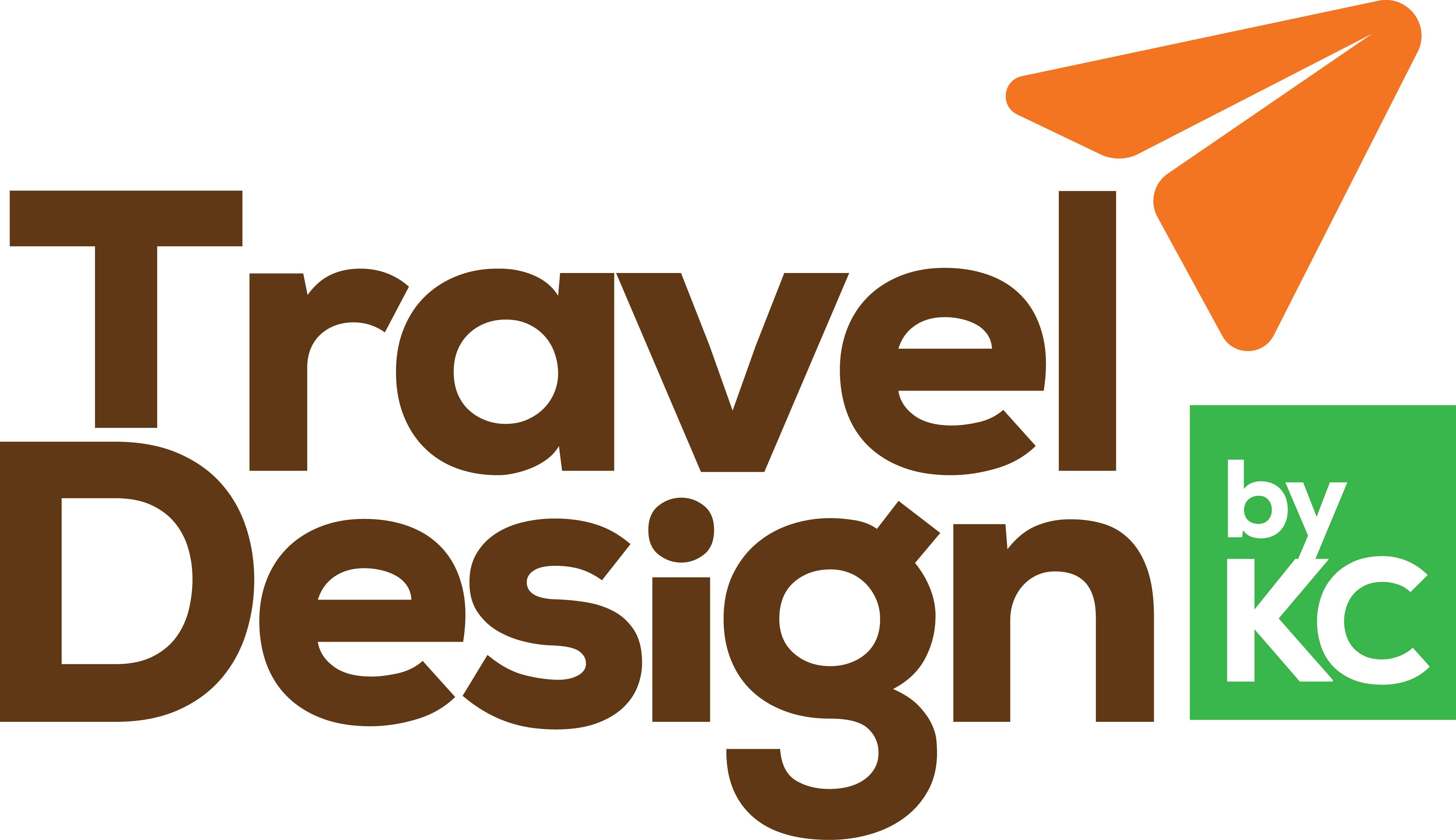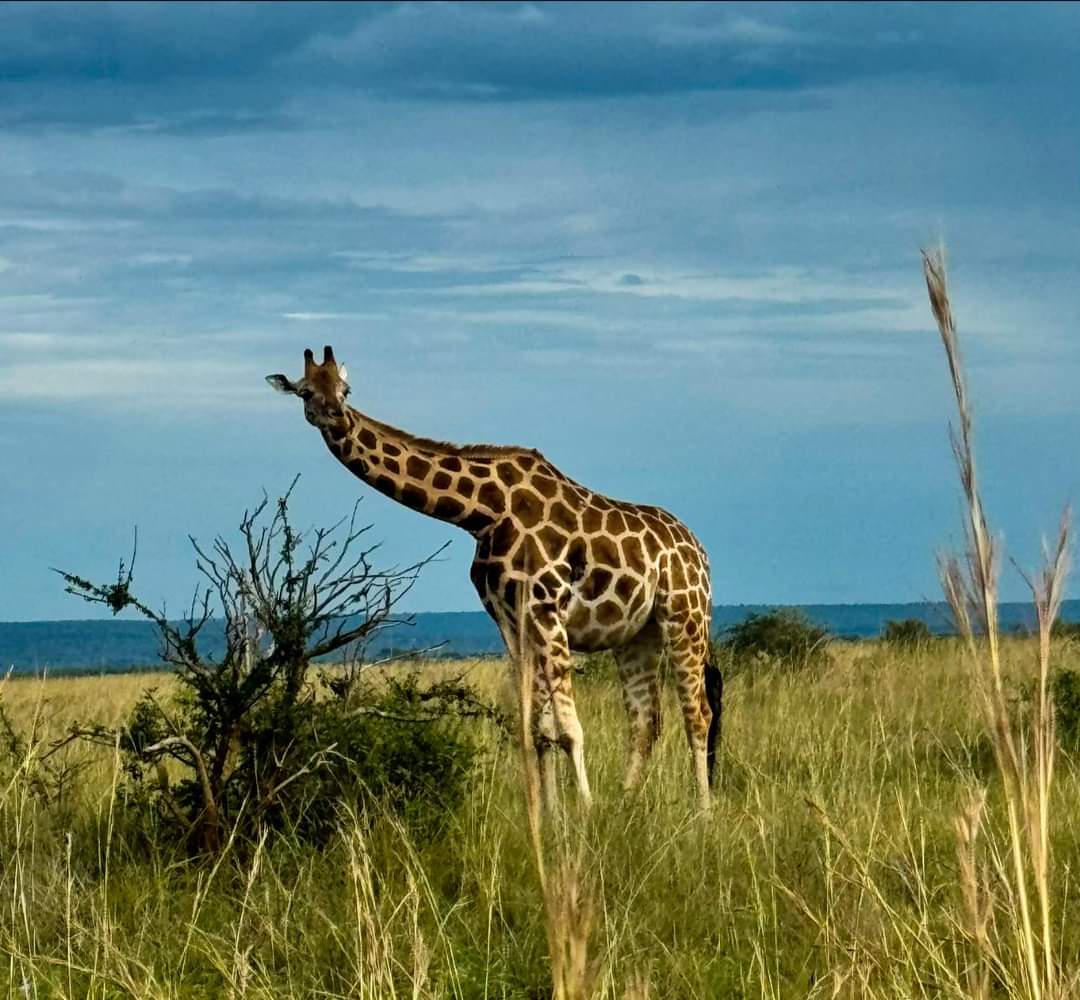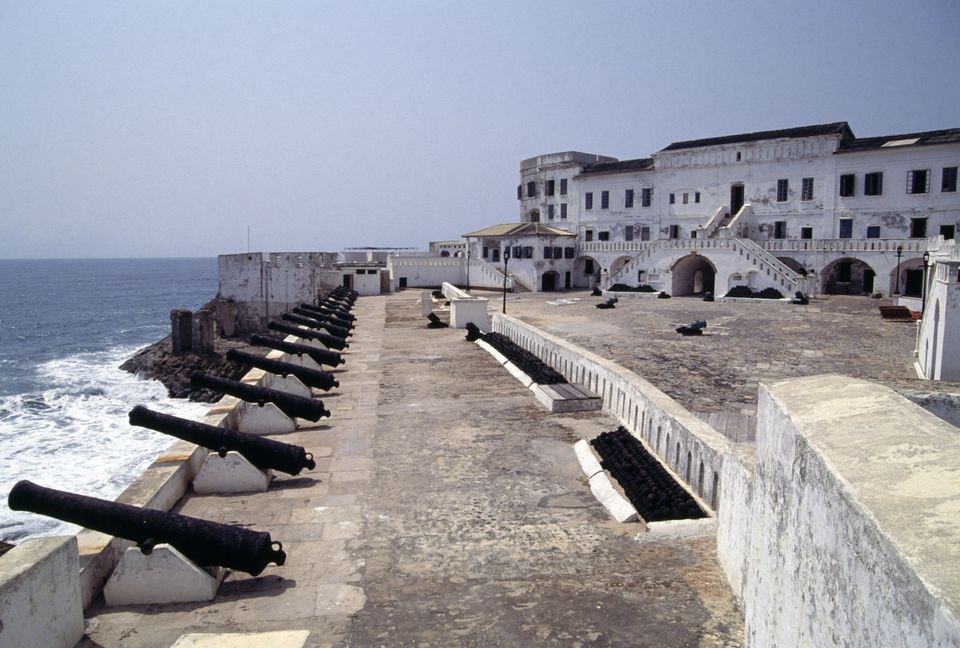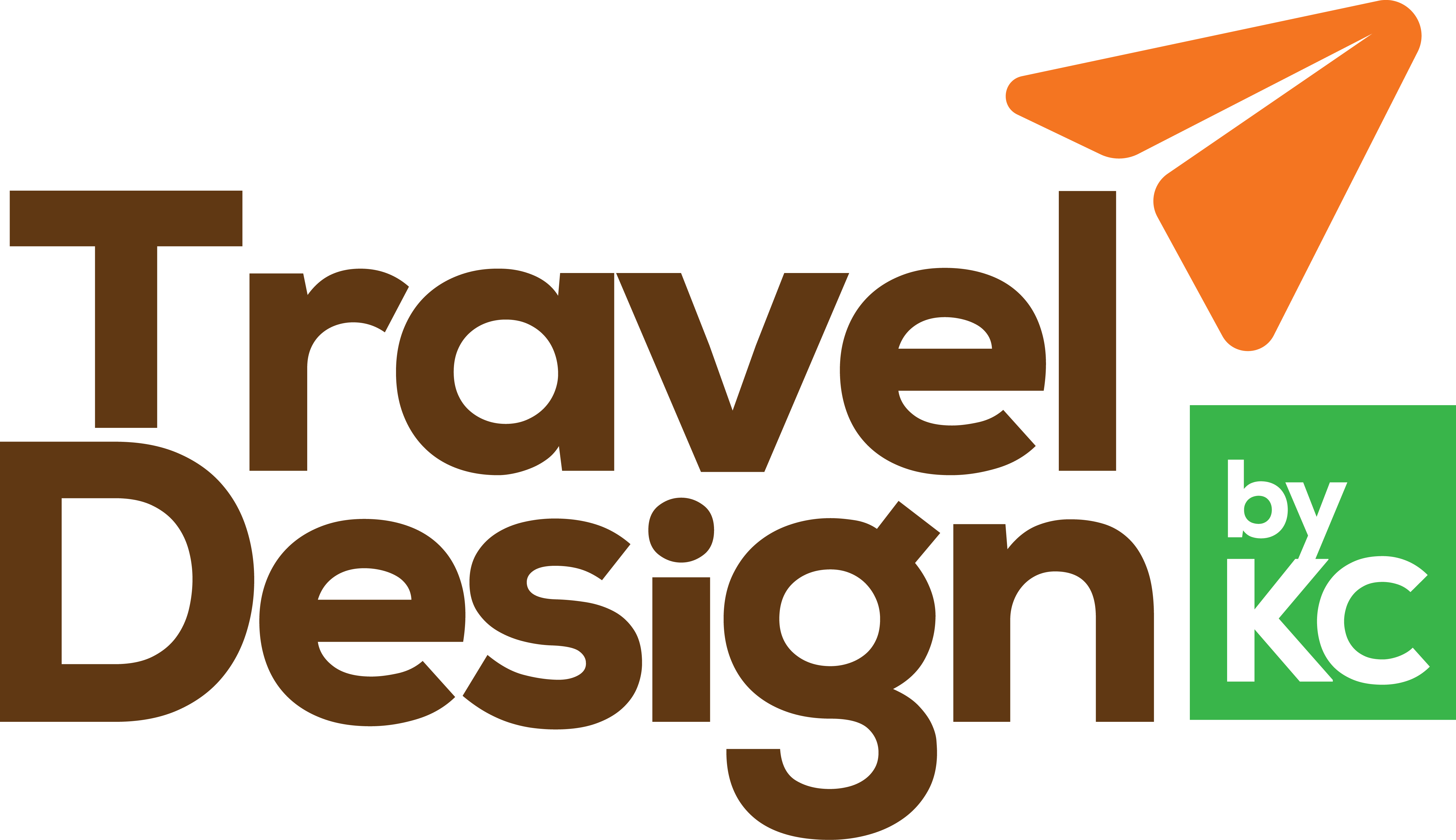Have an open mind
In some few days, you will be arriving at your destination for an unforgettable experience of a lifetime. Traveling the world can lead to some of the best memories of your life, but it will, no doubt, test your patience a few times as well. Be ready to meet new people and try new things. Come along with a smile and open mind, expecting to be uncomfortable. Know that you might have different preferences when it comes to the room you share with your roommate and that’s okay. Join in on conversations and planned activities when they happen. Keep a positive attitude and go with the flow
Travel Documents:
- Please make at least two copies of your Passport (the bio-data/ photo page only), leave one at home and carry other copies separate from the passport.
- It is recommended that you carry extra passport photos with you in case you lose your passport and have to reapply.
- Yellow Fever Vaccination Card
- Flight Ticket copies (either soft or hard copy)
Health Matters:
No travel is risk-free. The destination you are traveling to may further apply new travel restrictions at short notice in response to medical/health emergencies. Please check with the airline for any transport changes which may delay your journey home. Please plan ahead and ensure that you can access adequate funds, understand what your insurance will cover and can make arrangements to extend your stay and be away for longer than planned.
- Use of insect repellent is highly recommended.
- Drinking of bottled water only is recommended. While on your tour, you will be provided bottled mineral water. You can also get more in your hotel.
- Most medicines that need a prescription from your home country will need one in the destination as well. Bring sufficient stocks of prescribed medicines with you. If you have to get a prescription whilst in the destination, you will need an electronic prescription from your physician – your home country prescriptions are normally accepted. Unlike countries such as the US, you will need to go to a pharmacy to obtain most over-the-counter medicines. It may be difficult to obtain most prescribed medicines from the supermarkets or other stores and you may be offered another brand or similar generic medicine as an alternative. Where possible, please purchase only known brands or medicines accredited by the Foods and Drugs board. Pharmacies are widely available and usually identified by a green cross.
FLIGHTS & LUGGAGE ALLOWANCE:
- When you receive your Flight Ticket copy, please verify that the name on your international round-trip airline ticket is spelled correctly. Your name must be the same as it is listed on your passport.
- Please be at the airport with enough time as required by airlines (at least 3 hours before departure is recommended).
AIRLINES LUGGAGE ALLOWANCE:
To avoid additional costs, please check with your airline before your travel the size/weight limit of your checked baggage as well as your carry-on luggage.
- A number of airlines may allow 2 pieces of checked baggage per person, each piece weighing a maximum of 23kg/50LBS in Economy & Premium Economy Class and 2 bags, each piece weighing a maximum of 32kg/70LBS in First or Business.
- It is very important that your carry-on luggage has at least one complete change of clothes so that in the unfortunate situation that your checked luggage is delayed you will not be overly inconvenienced.
- The security regulations prohibit taking certain items in your carry-on luggage.
Average Temperature
The climate of most West African countries is tropical, but temperatures vary with season and elevation.
- Currency & Money
Local currencies differ in English speaking West African countries whereas it is the same West African Franc (CFA) used in most Francophone West African countries. Ghana uses the Ghanaian Cedis, Nigeria; Naira, Kenya; the Kenyan Shillings and South Africa; the South African Rand. The US Dollars are widely used in English speaking West African countries whereas the Euro is used in French Speaking West Africa Countries. Most hotels have a Forex (Foreign Exchange) bureau which offers competitive exchange rates. Do not change more than you will need in local currency or you might have to change the local currency back to US$ or EUR and this may cost you twice. Pocket calculators or online currency converters such as https://www.xe.com/currencyconverter/convert/ may be helpful when exchanging money. Always keep receipts of your currency exchange.
Credit Cards:
- American Express and Visa are the most widely accepted.
- Check with your credit card company for details of merchant acceptability and other services which may be available.
- Always notify your credit card company in advance that you’ll be traveling. Also get a PIN number in case the overseas merchant requires a PIN.
- Only the larger hotels and most exclusive restaurants take credit cards.
- In most West African countries, most transactions are conducted with cash. Market vendors do not accept credit cards or travelers’ checks.
- It’s better to not plan to use a credit card at all, and only carry one for emergency purposes. Do not use a debit card, only a credit card.
- Bring your ATM card so you can get local currency where ATMs are available, such as at the airport upon arrival.
- Check to see if your bank has international ATM locations to avoid high fees
- Be sure to let your bank know you’ll be traveling internationally so they honor your ATM being used.
Keeping your Money Safe:
- Always have a small amount of local currency money available in a pocket or close at hand – you do not want to dig into your pocket or bag to pull out a whole wedge of cash when paying for a small purchase. If you use a money belt make sure that it is small and inconspicuous. There can be pickpockets in the markets.
- Some hotels have safes with combination locks in each room.
How much extra to bring:
- Additional expenses will be bottled water and meals not included in the itinerary, tips for drivers and guides or at the restaurants, tour attraction sites and any other visited places where staff offers exceptional services.
- We suggest you bring a few hundred dollars for meals, water, tips and souvenirs.
- Tips/Gratuity
As in all other areas of the hospitality industry, tips are a significant part of service employees’ income. It is expected that tour leaders, drivers and any others who provide a service will be tipped at a minimum, 5 to 10% if they have performed a good job.
- Bartering
Bartering is a way of life in most African countries – it’s a great way to break the ice and can be a lot of fun. But here is some advice that you may consider:
- Always be polite but firm.
- Bargain only with people you are comfortable with since you could be spending a lot of time with the person with whom you are bargaining.
- Do speak a little of the seller’s language. In any transaction in a foreign country, the effort you make to use a little of the local language will be returned many folds.
- Don’t be rude. Under no circumstances should you be rude, or question the validity of any price the seller names–no matter how absurd it seems to you. Your attitude should be apologetic and a little self-effacing: “I’m sorry, but I can’t pay that much.” If you feel the seller is really trying to rip you off, just apologize for taking his time and move along to the next vendor who will be more than happy to be more reasonable.
- There is no need to bargain with an obviously unfair vendor; rather you should seek the item elsewhere. On the other hand, you should just enjoy the whole process and have fun. Feel free to laugh at an outrageous price, make friends, and enjoy the relationship.
- When bargaining to buy an item, keep in mind that a small amount to you could be extremely important to the seller. So, don’t waste time haggling over a few cents.
Phones
- You’ll want to be reachable when you are in Africa. Because of the time zone difference and your travel schedule it may be challenging to know when you will be at a fixed point (e.g. in a hotel room). What works best is for you to have a cell phone that functions in Ghana and on which you can receive/send text messages.
- Check with your phone carrier to find out the cost if necessary, of a onetime upgrade to your service so that your phone will function in Ghana as it does at home. Most carriers will upgrade your service for a small fee for only one month.
- Internet Access
Most hotels provide free wireless internet access and Continent Tours provides Wi-Fi connection on large buses whiles traveling.
SUGGESTED PACKING CHECKLIST (THIS MAY BE SUBJECT TO DESTINATION)
| Before You Travel Pack |
| Passport |
| Visa |
| Travel Insurance |
| Yellow Fever Vaccination Certificate |
| All Travel documents including Tour vouchers & Flights |
| Medical, First Aid Supplies & Toiletries |
| All medications & refill prescriptions |
| Contact lenses/a spare pair of glasses if you wear one |
| Toiletries: Toothpaste, soap, washcloth etc. |
| Wet/Hand wipes, sanitizers & Nose masks |
| Insect repellent containing DEET |
| Antiseptic/Antihistamine Cream |
| Band aid & bandage |
| Imodium & other anti-diarrhea medicine, Aspirin, Allergy medicine |
| Sunscreen/blocks |
| Small first Aid Kit |
| Suggested Clothing |
| Lightweight/Tropical clothing |
| Trousers and Long sleeves at night |
| An umbrella or light rain coat for occasional showers |
| A hat that shades your neck and forehead |
| A pair of good walking shoes |
| White African/plain outfit for Ceremonies |
| Light Jacket |
| General Accessories |
| Electrical Adapter/Convertor |
| Camera, film/memory cards and extra batteries. |
| Ziploc plastic bags for electronics and film |
| Small flashlight for occasional black outs |
| A digital photo storage unit, such as a flash drives or pen drives may come in handy |
| Money Belt |
| Small box of laundry detergent |
| Cell Phone |
| Others |
| Back pack |
| Reusable Eco bottle |
| Driver’s license |
| Luggage Lock |







